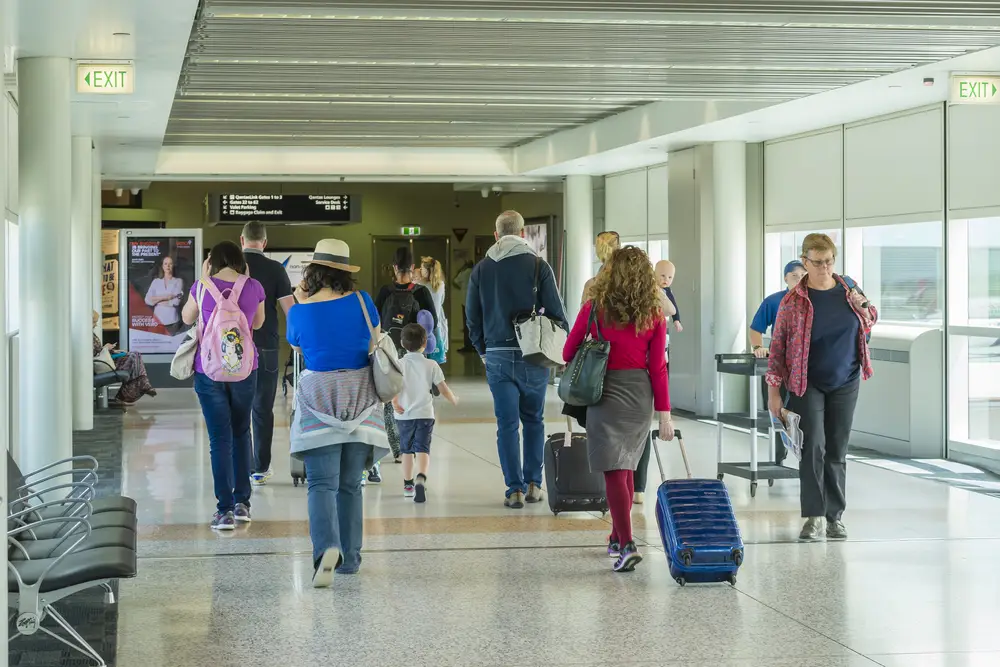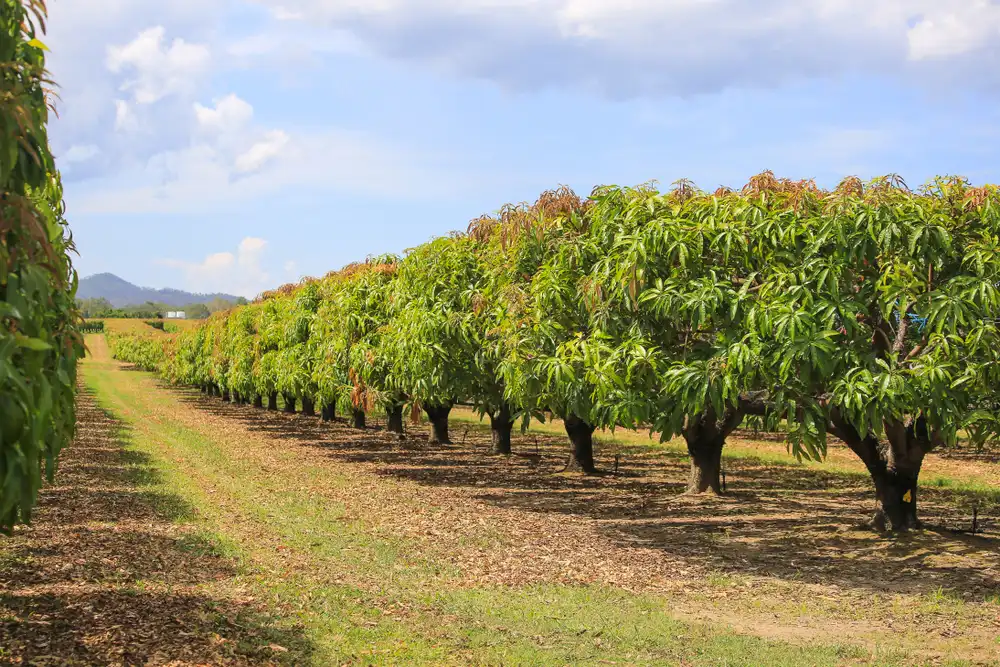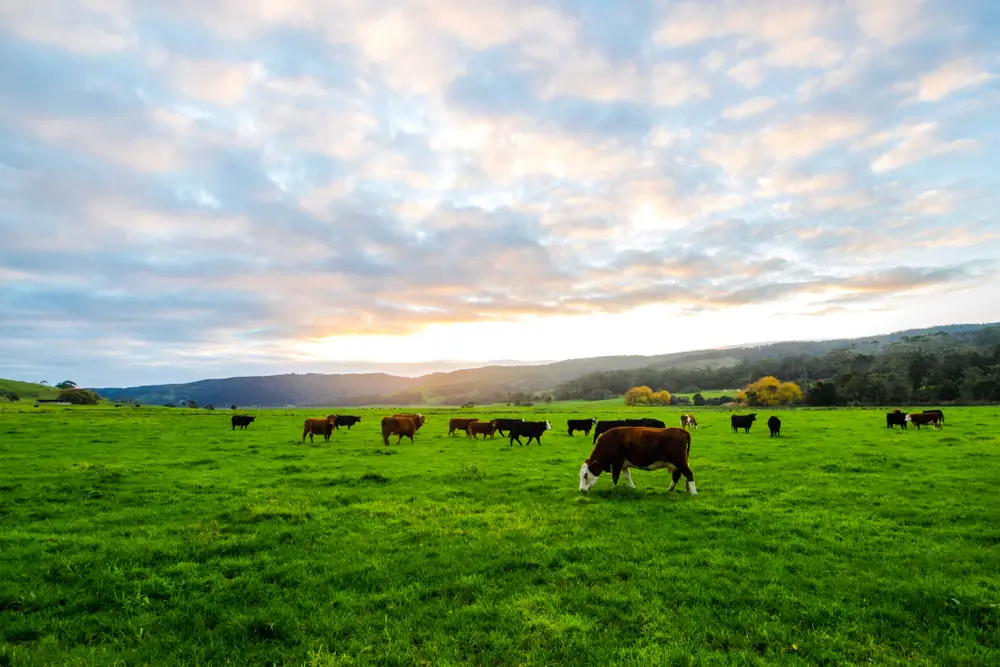The Australian Government has passed legislation that will see penalties significantly increase for travellers who fail to declare high-risk biosecurity goods at the Australian border. Powers to cancel the visas of people bringing in these dangerous goods will also be expanded.
From 1 January 2021, biosecurity officers will be able to issue infringement notices up to $2664 where travellers fail to declare potential high biosecurity risks (like uncanned meat or live plant material) when arriving at Australian international air and sea ports.
Minister for Agriculture, Drought and Emergency Management, David Littleproud, said the Biosecurity Amendment (Traveller Declarations and Other Measures) Bill 2020 was about protecting Australia.
“Our biosecurity system is critical to supporting the health of Australians, the environment and the competitiveness of our agricultural industries,” Minister Littleproud said.
“Australia produces the best agricultural products in the world, but we need to be vigilant to protect Australia from an ever-increasing number of pests and diseases that threaten our country and way of life.”
“Currently all infringement notices issued at first points of entry to Australia are for two penalty units ($444), regardless of the biosecurity risk posed by undeclared goods,” Minister Littleproud said.
“However, under the new legislation the Director of Biosecurity will be able to determine which goods or classes of goods pose a high level of biosecurity risk for the purpose of higher infringement notice amounts.
From 1 January 2021, infringement notices may be up to 12 penalty units ($2664), depending on the undeclared goods.
“By being aware of the risk items, passengers and crew can help keep pests and diseases out of Australia. They can assist Australia maintain its global reputation for producing high quality food and protect our unique environment.”
The powers to cancel visas on biosecurity-related grounds will also be expanded to student and temporary work visa holders from 1 January 2021. Currently these powers only apply to visitor visas.
Acting Minister for Immigration, Citizenship, Migrant Services and Multicultural Affairs, Alan Tudge said the powers will only be used for serious or deliberate breaches but will provide another important layer of protection at the border.
“Visa cancellation decisions are not taken lightly, but breaches of biosecurity can have serious consequences to Australia, and we need everyone to do the right thing,” Mr Tudge said.
“If you really must bring food or any other high-risk goods with you, you must declare them on your incoming passenger card or crew declaration.
“If in doubt, just declare it. If you don’t, you could face heavy penalties, have your visa cancelled and be sent home.”
Any decision to cancel a temporary visa on biosecurity grounds will only be made after taking into consideration factors such as the seriousness of the breach, the potential impact on Australian business and agriculture, and the individual circumstances of the traveller.
Further communication material will be rolled out at air and sea ports to educate travellers about biosecurity risks, the changes in penalties and their obligation to comply with Australia’s biosecurity laws.
A list of the goods or classes of goods posing a high level of biosecurity risk at the Australian border that will attract a higher penalty amount will be published on the Department of Agriculture, Water and the Environment website (www.agriculture.gov.au) and on the Federal Register of Legislation (www.legislation.gov.au).
Before travelling to Australia, check what you need to do by visiting www.agriculture.gov.au/travelling/to-australia and www.immi.homeaffairs.gov.au/entering-and-leaving-australia/entering-australia.





